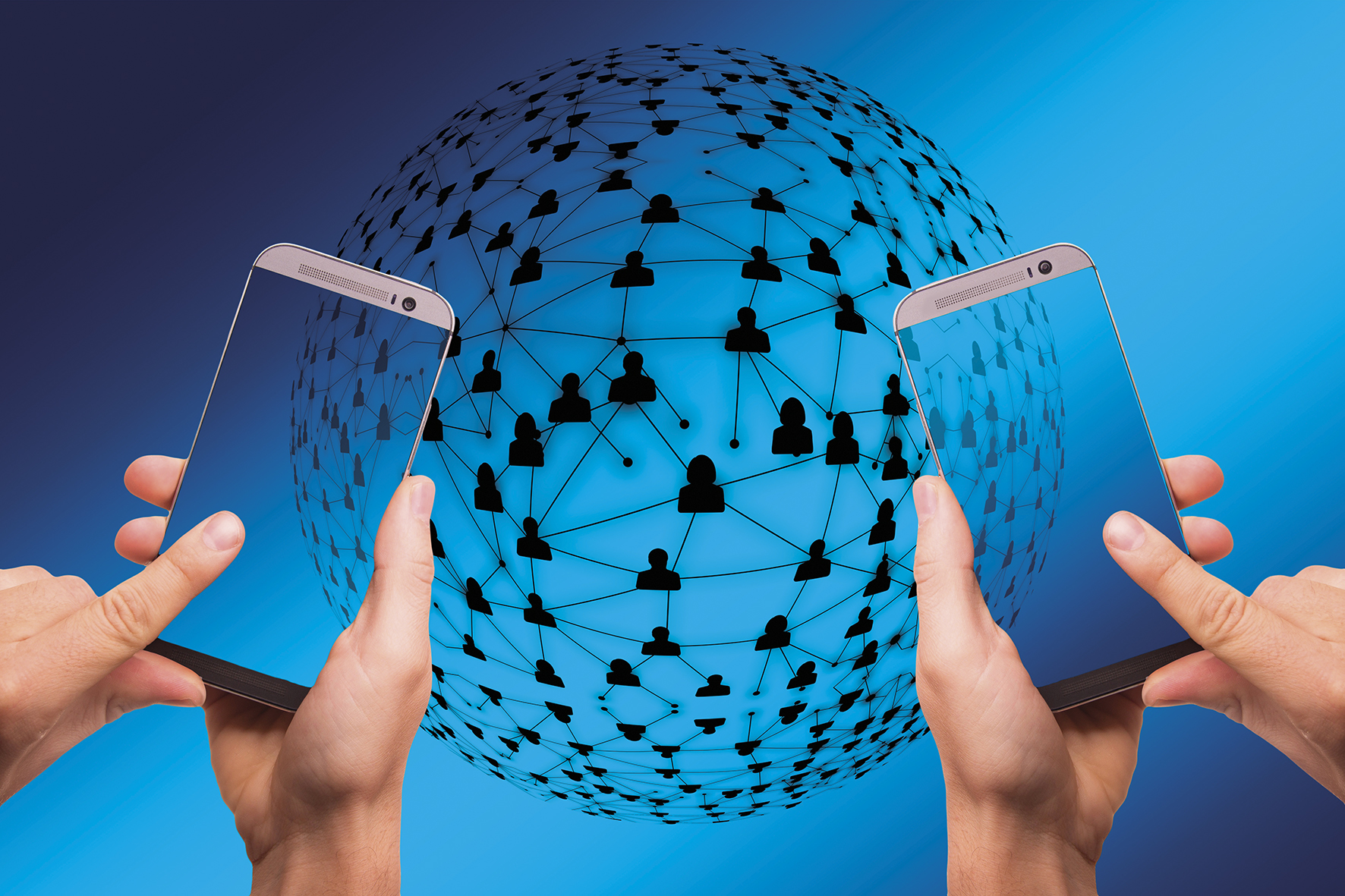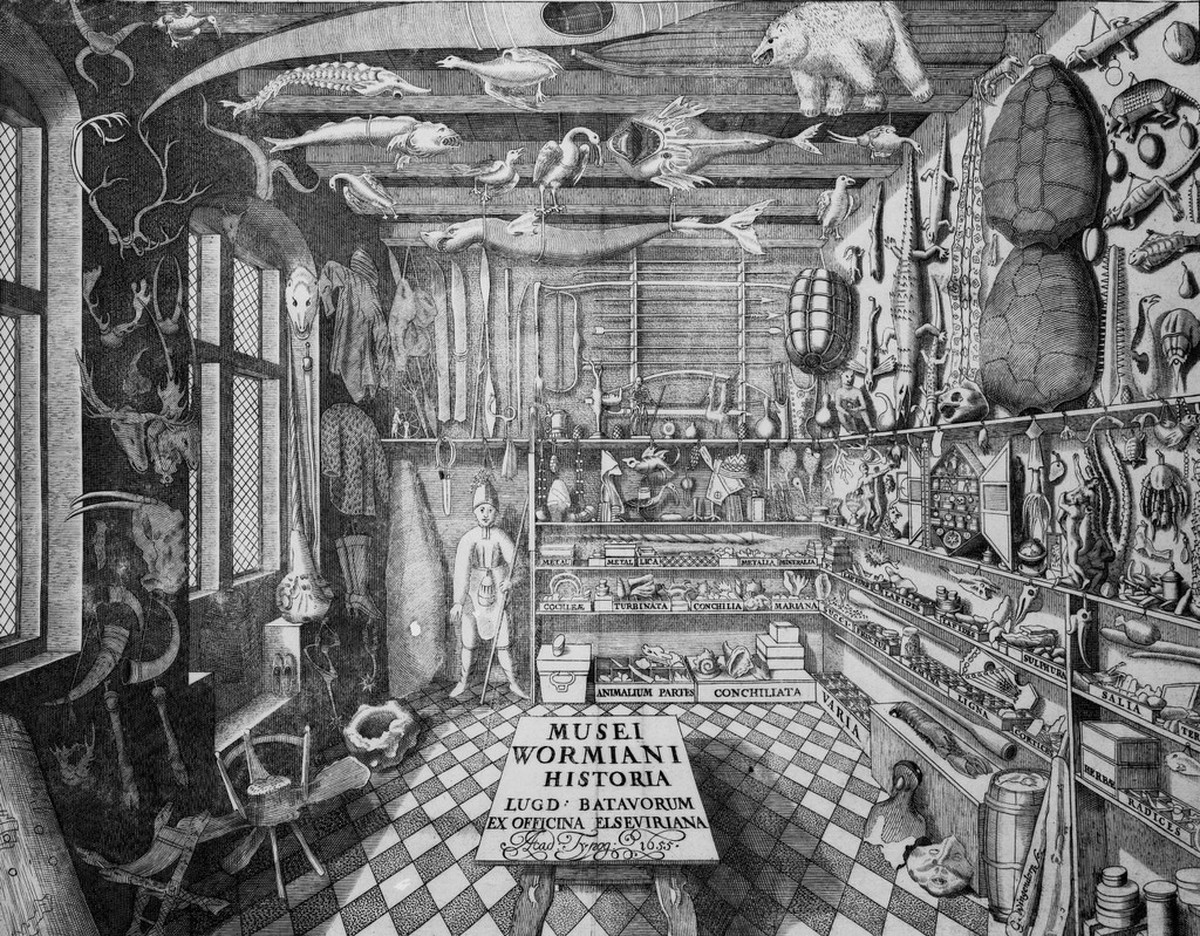Digitalisation
2022/06/01 Olatz Arbelaitz Gallego - UEUko Informatika saileko kidea eta EHUko irakasle eta ikertzailea | Martinez Peña, Iñigo - Filosofoa eta Batxilergoko irakaslea
 400
400
Digitalisation is revolutionizing society. Quick. We're hyperconnected, which is affecting all of us: we're changing our lifestyles, the way we conceive of well-being, economic development -- and new models of power have been created based on data from digitalisation and artificial intelligence.
A society that celebrates novelty. But do we know where digitalisation leads us? This is an issue which deserves careful consideration. Because there are many concerns on everyone’s lips: privacy, control, digital divide, overinformation, security, exclusions…
What opportunities and risks focus on globalised access to digital technologies? What ethical and democratic constraints do we want to put into digitalisation? For the debate we brought the opinion of two experts:
“Digitisation: Discovery and reverse”
Olatz Arbelaitz Gallego
Computer and Researcher in Artificial Intelligence
Digitalisation has brought us home, into work, into education and into leisure, and we've become a digital society. Digital innovations make it possible to create healthier environments in the health field, optimize disease detection, diagnosis and treatment, and improve the efficiency and quality of care; they can serve to create infrastructures to manage the impact of climate change and the transition to greater sustainability; manufacturing and industry have changed drastically due to intensive data use and 3D printers; they improve governance models, helping politicians make better decisions and involve citizens.
We ourselves have the information at our disposal at all times to resolve doubts in any area or to find the way forward to reach a destination, we communicate more easily with distant partners, we can work without moving from home and the possibilities of socialising our ideas have multiplied. But this currency also has other differences.
New gaps
Even though the Internet and digitization have gone from being a luxury tool to being an indispensable tool, 3.6 billion people in the world still have no connection. Digital inequalities reflect discrimination in society and, as a result, it is girls, women and marginalised groups who have the least opportunity to access technology.
Even if the technology is not fair, the most affected are the same personal groups. In fact, we've looked at the transformative capacity of technology, not realizing that the systems created can be exclusionary. Today, in a significant part of digitization, in artificial intelligence, algorithms are trained for a specific purpose and using a lot of data. Data is, in general, a reflection of society, and if we do not select and analyse them carefully, the systems that will be generated will not be neutral, they will pose a risk of exclusion. Therefore, artificial intelligence systems, although very useful as support tools, should be used with caution, especially in those areas that affect people's living conditions. Interdisciplinary work in which informatics and basic scientists work together with experts in human and social sciences is essential for the achievement of responsible data science.
Energy consumption and weather emergency
According to diverse sources, using the Internet and technology, we create a huge ecological footprint. In the words of Greenpeace, if the cloud were a country, in 2011 it would be the sixth most polluting country in the world. This port has been exceeded and currently consumes 8% of world energy.
According to UNEP (United Nations Environment Programme), we also generate 50 million tonnes of technological waste a year, which produces a high level of consumption and produces negative effects on health and the environment. And that is that while working from home we avoid displacement pollution, the apps that we communicate with pollute a lot and the new computers acquired increase the amount of technological waste. It will be necessary to advance in technology and green energy.
More risks
New forms of communication can also reduce our social capacities and eliminate community strength. They can make society more passive and create anxiety, insecurity and emotional problems in children. On the other hand, centralised information gives way to digital crimes and digital rights will need to be agreed and regulated.
So digitalisation is not all gold. It can bring us many benefits but it will not be a challenge if we want to avoid or minimize the problems it can generate.
"The technological revolution: The only way to imagine the future?"
D. Iñigo Martínez Peña
Philosopher and high school teacher
The usual thing was to imagine the future through political revolutions. Today, instead of talking about political revolutions, we've gone on to talk about the technological revolution, our future imaginaries have taken the form of science fiction, for better and for worse. Technological optimism and pessimism live with us, like the Black Mirror series or the funeral promises of activists in Silicon Valley. And the paradigm of this revolution is "digital transformation." That is the motto of all current governments, companies and institutions, the unavoidable mandate to follow, the only way to join the course of history. The pressure from the digital industry lobby is terrible, and they want the algorithmic guide of life to be extended to all walks of life to exaggerate their business. Is there just a head tilt in the face of this supposed inevitable destiny?
Algorithmic Life Guide
Digitalization, therefore, aims to establish a complete algorithmic guide to everyday life. But behind this digital tyranny, disguised as good intentions to make life easier, there are huge private economic interests. They say that new digital devices are essential to our life, like mattresses attached to our smartphone, toothbrushes, toilets, scales, mirrors or swimwear. None of our gestures can escape into the industry of everyday life, wants to convert all movements into data to exploit them.
In the morning, for example, the smart mattress connected to the smartphone is going to tell me how much I have slept and what I can sleep better; after getting up, while brushing my teeth, the smart toothbrush is going to study the enamel state of my teeth, and it's going to propose a new toothpaste that most suits me... we don't have to decide anything anymore! Where is the responsibility for decisions left? What models of rationality do we add to?
The end of decisions and digital tyranny
There are many disturbing examples like the algorithmic model of prosecution underway in the field of justice. Even if it sounds like a lie, many court decisions in the United States are made in a digital robotic form. A computer program calculates the prisoner's chances of repeating the crime and obliges him to release or remain in prison. This Kafkaesque process is done without judgments or judges, algorithms determine. But where is the right to the defence of the prisoner? What has happened to the possibility of talking and thinking about yourself?
Environmental risks and new challenges
Although the list of risks is extensive, the analysis of the ecological effects of digitisation is often discarded. There is not much interest in measuring the energy cost of the warehouses of this Big Data, despite the growing number of voices that are lately raising this concern. Javier Echeverria, for example, sending a photograph through Instagram equals having four light bulbs on for twenty-four hours. It looks like they're going at a rate of global warming and digitization.
So in recent years, we've been fascinated by digitalisation, everything has been very fast, and we haven't had much room to think politically about it. But we are already suffering some consequences and we need to share a critical reflection on this situation. Eric Sadine, for example, claims the renunciation of all connected devices and sensors and asks that they not be bought. Are we prepared to listen? Or are we trapped by the devices and see nothing beyond the screens?

Gai honi buruzko eduki gehiago
Elhuyarrek garatutako teknologia





